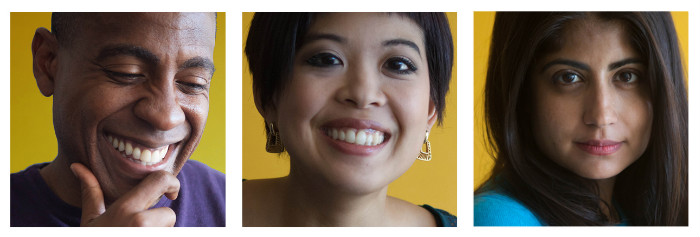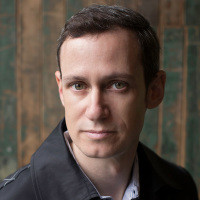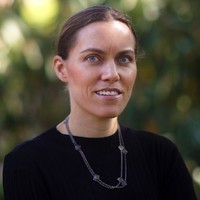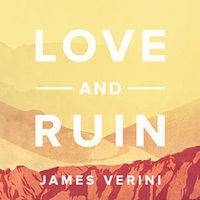Alex Mar has written for The Believer, Wired, and New York. She is the author of Witches of America and the director of the documentary American Mystic.
“I really do believe that all of us run on some kind of desire for meaning. And if someone is an atheist and they don’t subscribe to an organized system, it doesn’t mean that they don’t crave something. Maybe it’s their job. Or maybe it’s the way that they raise their children with a certain kind of intense focus. Or something else. As humans, we are built to crave meaning, right? For me, that was something that I wanted to explore about myself.”
Thanks to MailChimp, On the Media, The TED Interview,and Pitt Writers for sponsoring this week's episode.

















